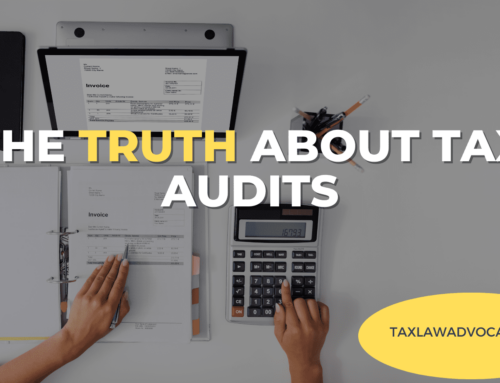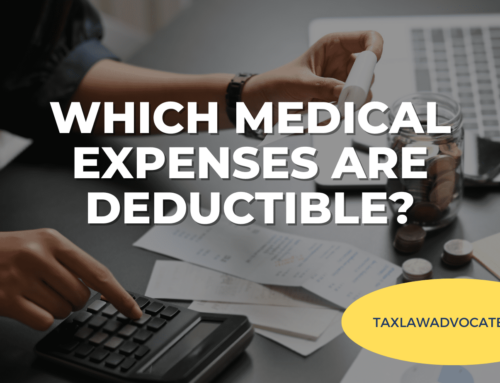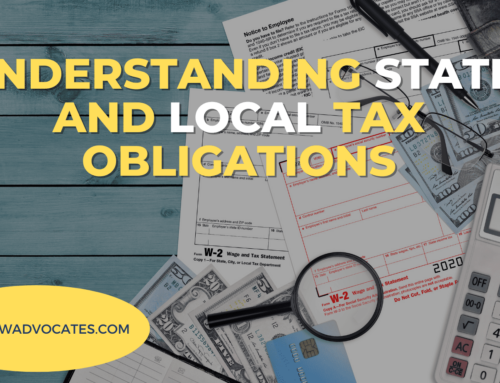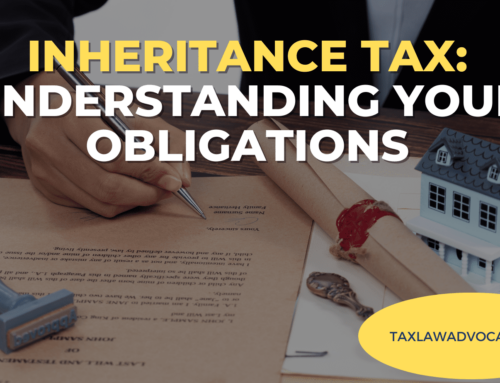COVID has affected nearly every private and public life dimension, including the government’s tax debt collection activities. Back in late 2020, the IRS announced that there would be a Taxpayer Relief Initiative.
The Taxpayer Relief Initiative is geared toward helping individuals who cannot pay their taxes because of the COVID pandemic. Individuals who owe taxes and have no means to pay the entire tax debt already have options such as installment agreements and OIC.
The IRS has further expanded its collection programs to give people more options. No tax debts are forgiven, but the means to settle your delinquencies have grown. Some of the highlights of the Taxpayer Relief Initiative are found below:
- Individuals who have qualified for a short-term payment plan will be given up to 180 days to settle any liabilities, compared to the usual 120 days.
- According to the IRS, they will be more flexible to taxpayers who cannot pay their taxes through an Offer in Compromise (OIC).
- The IRS will automatically add tax balances to current installment agreements for business taxpayers who have collapsed/lost their businesses and individual taxpayers. The IRS prefers this method instead of having taxpayers default on the present contracts.
- Individual taxpayers who have a tax debt of less than $250,000 have the option of setting up installment agreements. They may do so even without providing a substantiation or financial statement, provided that their monthly proposal for installment is evaluated as sufficient.
- Certain taxpayers who only have a tax debt in 2019 and owe the IRS less than $250,000 may be qualified for installment agreements without a Notice of Federal Tax Lien.
- If you have an existing direct debit agreement with the IRS, you can use the online payment agreement and propose lower monthly payments. You can also offer to change the due date of your monthly income.
- If you cannot pay your taxes, you can contact the IRS for a temporary hold or stoppage of current collection efforts. The IRS will grant this request if the taxpayer cannot make payments due to the pandemic.
- The current initiative of the IRS also covers relief from penalties (reasonable-cause) with taxpayers who have failed to file their taxes; we’re unable to pay their taxes and have been unable to make deposits on time. These failures can result in penalties, but the IRS is creating new programs that provide relief from common corrections because of the pandemic.
According to the IRS, they wish to do everything they can under the existing tax code and IRS policies to bring immediate and broad relief to taxpayers with the present, unpaid liabilities, including those who may have faced penalties and other challenges due to correspondence delays and delays in the IRS mail processing system.
The IRS also stated that they would attempt to remove bureaucratic barriers that prevent taxpayers from enjoying a more flexible IRS as many have been affected by the pandemic. Those with longstanding tax liabilities are included in these relief efforts and expanded programs.
Third, the IRS also wants to balance the relief programs for taxpayers with the nation’s tax code. They are expanding their capabilities to process complex cases more efficiently.
The IRS emphasizes that the best way to go about tax liabilities is to contact the IRS as soon as possible. The IRS does not recommend that you ignore any notices in the mail, as tax liabilities and unpaid debts don’t get better with time.
They get worse with time, and yes, the IRS can be initiated when it stretches its collection arms and other resources to get unpaid tax debts paid. The IRS is there to help people in the same breath, so it’s always best to update yourself with their tax relief programs and new policies. Keep in mind that the IRS helps taxpayers in many ways. Sometimes, the help is focused on eliminating penalties whenever possible. Some initiatives go further.
For example, taxpayers who have lost their jobs can request suspension of collection activities through the Currently-Not-Collectible program. Those with balances can propose monthly installments at reduced rates. The OPA system is active and waiting for applications and proposals.
To make your taxes as stress-free as possible, contact Tax Law Advocates today! We can fix your tax problems!





